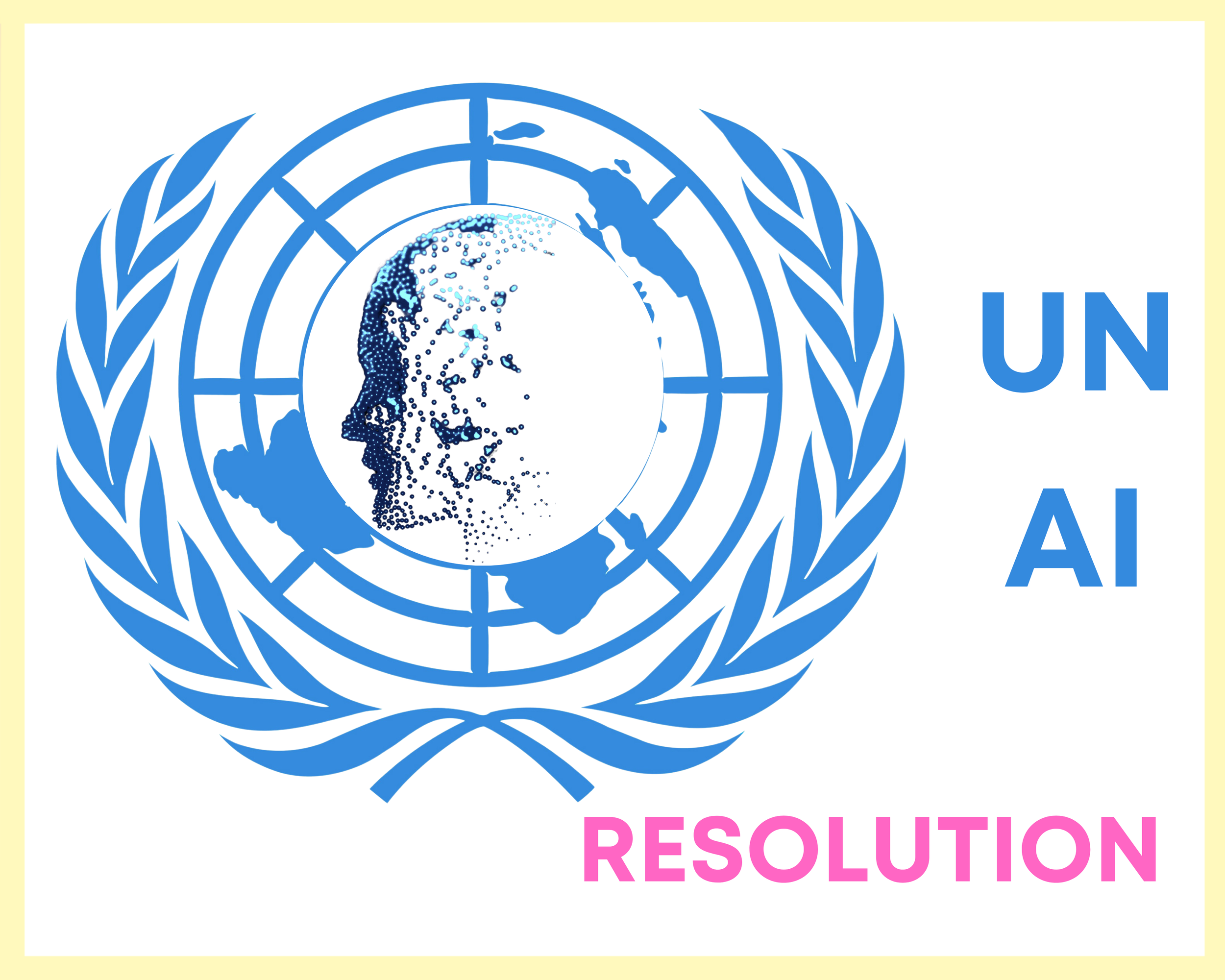United Nations Adopts a Global Resolution on Artificial Intelligence
On March 21st 2024, The United Nations General Assembly unanimously adopted a landmark resolution aimed at promoting the safe, secure, and responsible development and use of artificial intelligence (AI) technologies. The non-binding resolution, co-sponsored by the United States, China, and over 120 other nations, represents the first global agreement on AI governance principles.
Key Provisions and Goals:
- Safeguarding Human Rights: The resolution encourages countries to protect human rights and fundamental freedoms in the design, development, deployment, and use of AI systems. It warns that improper or malicious AI could undermine the enjoyment of human rights.
- Data Protection and Privacy: Member states are urged to strengthen privacy policies and safeguard personal data in relation to AI technologies. This includes monitoring AI systems for potential risks and harms.
- Secure and Trustworthy AI: The resolution advocates for the development of AI that is "secure by design" to prevent misuse by rogue actors. In November, the US, UK and other countries released a detailed agreement on keeping AI safe and secure.
- Global Cooperation: The unanimous adoption of the resolution by all 193 UN member states sends a strong signal of international alignment on the need to govern AI development. US Ambassador Linda Thomas-Greenfield hailed it as the world choosing "to govern artificial intelligence rather than let it govern us."
Context and Reactions:
-The resolution comes amidst growing concerns about the risks posed by AI, including threats to privacy, democracy, jobs, and national security. However, it lacks binding enforcement mechanisms.
-The US has been pressing for AI regulation, but progress has been slow in a polarized Congress. The EU is seen as ahead, with lawmakers recently adopting a provisional oversight agreement.
-US National Security Advisor Jake Sullivan said negotiating the resolution took nearly four months and involved "heated conversations" with countries like Russia and China, which are also exploring AI for various purposes.
-The resolution establishes a "baseline set of principles" to guide further action on AI governance at the national and international levels. It complements other UN initiatives like the proposed global digital compact.
In summary, while non-binding, the UN AI resolution marks an important step in building international consensus around the need for responsible AI development and governance. It lays out key principles related to human rights, data protection, security, and global cooperation that countries and stakeholders are encouraged to follow as AI continues to rapidly advance.

